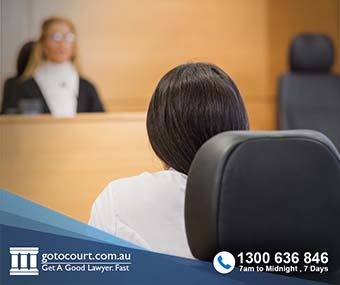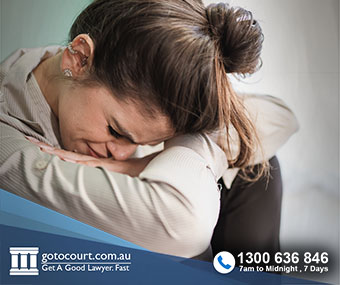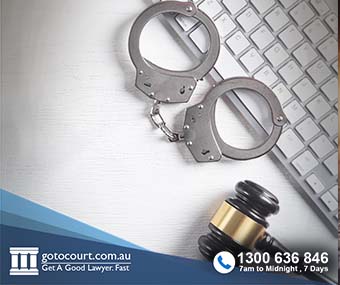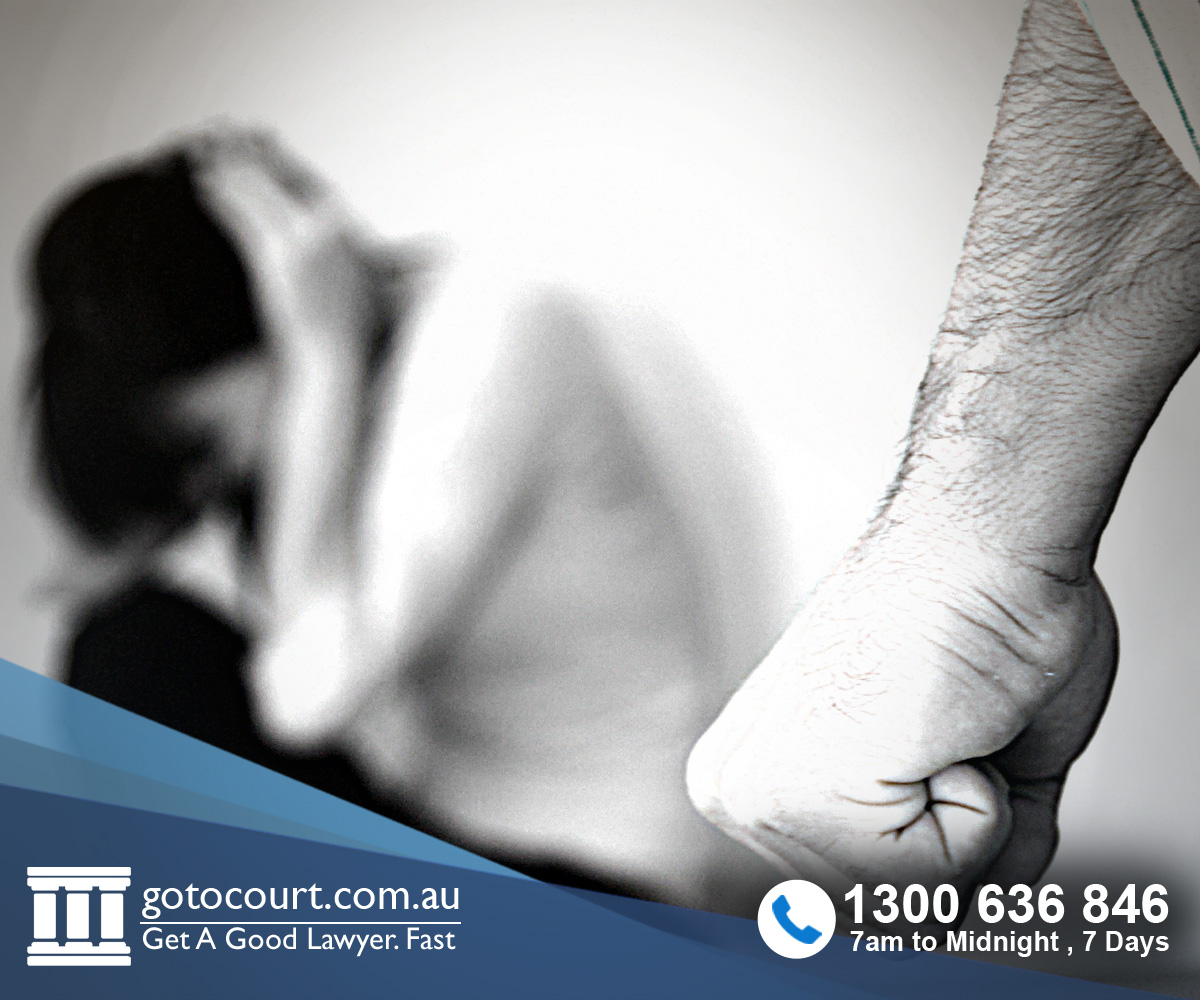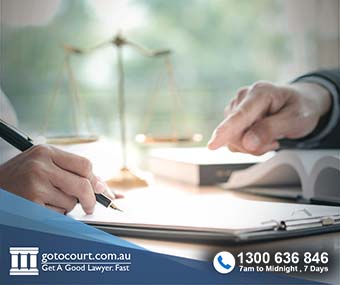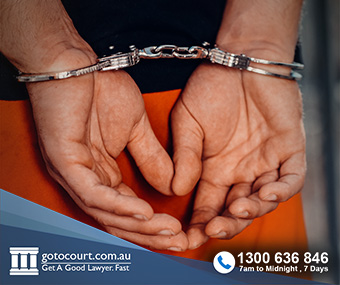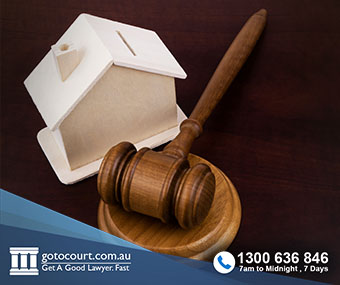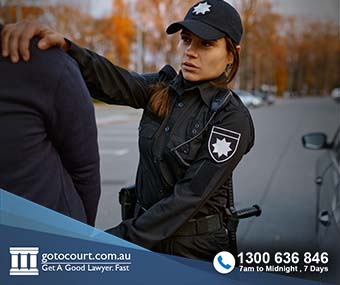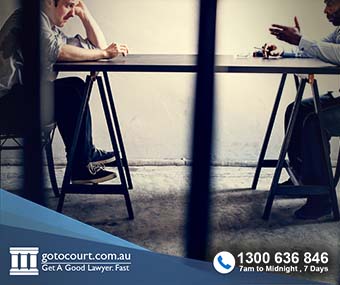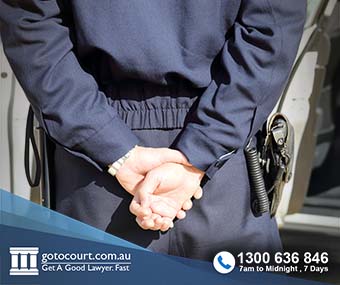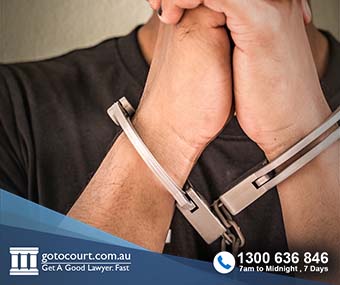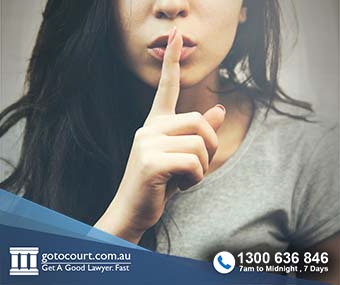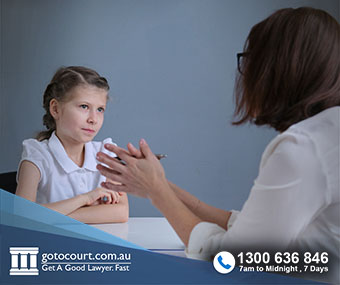Call our lawyers
now
or,
have our lawyers
call you
Parents and Police in Queensland
Updated on Oct 10, 2022 • 5 min read • 549 views • Copy Link
Parents and Police in Queensland
If you have a child under 18 who has been charged with a criminal offence, there are a number of things to be aware of. While a child over 10 can be arrested, charged with offences and sentenced by a court in the same way as an adult, there are some additional protections that exist where an accused person is a child. Police also have to follow different procedures when arresting and interviewing a juvenile in relation to offences. This article deals with some of the issues that arise when a young person is charged with an offence.
What happens if your child is arrested?
If the police arrest a child in Queensland, they must make clear that an arrest is taking place and provide the reason for the arrest. Once an arrest has been made, it is important for the child to remain calm and not struggle, as this could lead to further charges of resisting arrest or attempting to escape lawful custody.
The child should be aware that anything they say to police (even outside of the police station) may be recorded and could be used as evidence against them. Before anyone provides a statement to police, it is important to seek legal advice.
Can the police search my house?
Police in Queensland do not have an automatic legal right to forcefully enter into a house or locked premises. You may refuse entry to a police officer who does not have a search warrant by clearly stating that you are not granting consent or invitation to the officer for entry into your house or land. It is important to be firm but respectful when refusing entry to police. A violent or abusive reaction towards police may result in your arrest.
When can the police enter my house without consent?
In certain situations, police may be permitted to enter your house without permission. Below is a brief summary of when police can search your premises. More information about your rights and the power of police to conduct searches can be found in our dedicated articles on Search Warrants in Queensland and Personal Searches in Australia.
Search warrants
Police can legally enter your house if they have a valid warrant. If an officer claims to have a search warrant, ensure you see the warrant and request a personal copy.
Police are also required to provide you with a statement outlining their powers pursuant to the warrant.
Searches without warrant
Police may enter your property if they reasonably suspect that a person they are seeking to arrest or detain is in your home. Queensland courts define a ‘reasonable suspicion’ as a fact that would cause a reasonable person to believe something or make a conclusion about something.
Police may also search your house without a warrant if they have a reasonable suspicion that evidence of an indictable offence will be destroyed or concealed unless an immediate search is conducted, or that a serious offence is being committed.
Can the police search a car without a warrant?
A police officer is permitted by law to stop and conduct a search of a vehicle if the officer reasonably suspects the vehicle is being unlawfully used or contains a prohibited or stolen item.
Do I have to tell the police if I believe my child may have broken the law?
You do not have to call the police if you are worried that your child has broken the law.
Whilst you do not have to actively inform the police about your child’s actions, you must not conceal evidence of an offence that your child has committed. For instance, if police find drugs inside your home belonging to your child, you must not dispose of or try to conceal the drugs. You may be charged with an offence if you interfere with evidence.
Am I required to provide a statement to police?
Unless you are arrested, you have no legal obligation to go to the police station or to provide a statement to police or discuss any matter with them.
However, if you do decide to speak with police, you should not lie or mislead them as this may lead to charges against you.
Withdrawing a complaint about my child
At times, parents may contact the police to make a complaint against their child – for example, if their child has assaulted them or another family member. If a parent later wishes to withdraw this complaint, they will be required to contact the police station and complete a ‘withdrawal of complaint’ form. The court may then dismiss the charge.
However, if the police have other evidence or if public policy considerations require the prosecution to continue, then the police may proceed with the charge.
Questioning children
When the police question a child, the child is allowed to have an independent adult support person of their choice present with them during their interview. This may be a parent or guardian, youth worker, lawyer, family member or friend.
It is important for a child to obtain legal advice before discussing anything with police. Free legal assistance may be available for children in Queensland through our legal hotline.
What is the process if my child is the victim of a crime?
If a child reports a crime, the police will initiate investigations and if there is adequate evidence, charges will be laid against the alleged perpetrator. If the matter proceeds to court, the child may be required to give evidence as a prosecution witness. Special arrangements are made when witnesses are children. These may include allowing the child to give their evidence-in-chief as a pre-recorded video, allowing the child to have a support person sit with them while they are giving their evidence, or allowing the child to give evidence from behind a screen in the courtroom so they do not have to see the accused.
If you require legal advice or representation in any legal matter, please contact Go To Court Lawyers.


Affordable Lawyers
Our Go To Court Lawyers will assist you in all areas of law. We specialise in providing legal advice urgently – at the time when you need it most. If you need a lawyer right now, today, we can help you – no matter where you are in Australia.How It Works








1. You speak directly to a lawyer
When you call the Go To Court Legal Hotline, you will be connected directly to a lawyer, every time.


2. Get your legal situation assessed
We determine the best way forward in your legal matter, free of charge. If you want to go ahead and book a face-to-face appointment, we will connect you with a specialist in your local area.


3. We arrange everything as needed
If you want to go ahead and book a fact-to-face appointment, we will connect you with a specialist in your local area no matter where you are and even at very short notice.


